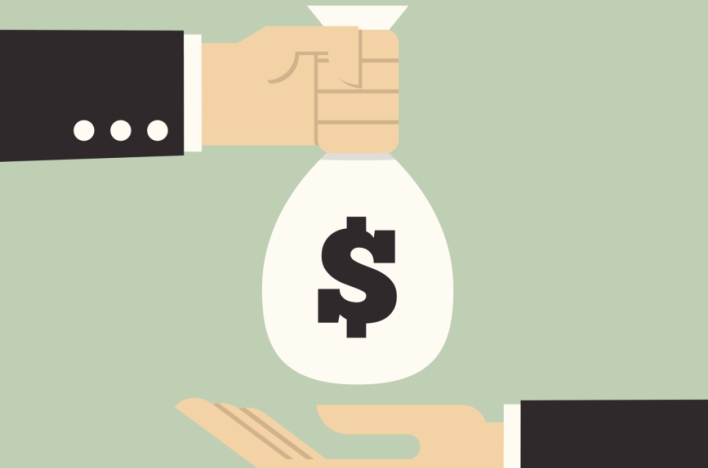If you’re tired of dealing with slow-paying customers—and all of the cash flow-related problems they cause—it might be time to consider factoring.
Never heard of factoring? You’re not alone. Most small business owners are not familiar with this type of financing, but it can be a great way to accelerate your cash flow and increase your working capital without taking on new debt.
How It Works
In a nutshell, factoring is the selling of invoices at a discount to a finance company, which is known as a factor.
Your company sells a product or service to a customer and issues an invoice. Payment typically takes between 30 and 60 days. Instead of waiting, though, you sell the invoice to a factor and receive 80 percent of the invoice amount immediately.
Before the factor buys an invoice, it will verify two things:
- The customer has the means to pay.
- The customer received the product or service, is satisfied and plans to pay.
Now the factor waits the 30 to 60 days to be paid by the customer. When the customer eventually pays the invoice, the factor will refund the remaining 20 percent balance less its fees to you.
Benefits of Factoring
The application process is simple and requires less documentation than traditional loans do. Most businesses can be approved within 24 to 48 hours and funded in five to 10 business days. Once the factoring account is set up, invoices are funded within 24 hours of being submitted to the factor.
Factoring is available to most businesses, including startups. Neither your business nor personal credit is a primary concern. Instead, the keys are your customers’ ability and willingness to pay.
Factoring is the sale of an asset (your invoice) and not a loan, so you won’t be incurring debt.
As your company issues more invoices, more cash is immediately available. Your credit line can easily be increased as your sales increase.
If you’re considering a new customer, the factor can run a credit check on your potential client to help you decide if you want to do business with them.
Things to Consider Before Factoring
Find the right factoring company for your business. Some factors specialize in specific industries such as construction or health care. Certain factors have monthly sales minimums; others don’t. A few factors will do one-time fundings called “spot factoring,” and many others insist on a one-year minimum commitment and can require early termination fees.
Make sure you are aware of all fees when comparing different factoring companies. Some factors have flat-rate pricing, while others have per-day fees. Some also have invoice fees, ACH fees or monthly minimum fees.
Finally, businesses with thin profit margins of 2 to 4 percent may not find factoring cost effective. Factoring works best for businesses with 20 to 30 percent profit margins.


